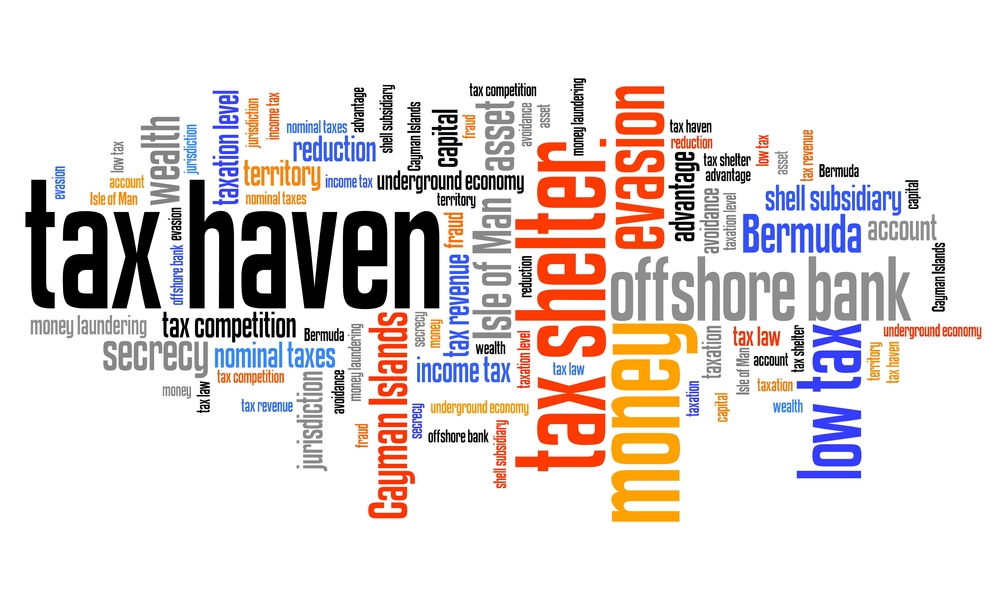Filling the Tax Gap
The so-called Panama Papers span thousands of pages, revealing that many of the world’s elite have been hiding their money in offshore accounts in an attempt to shield their income from taxes. Their release – the biggest data leak in...
Robin Hood is not Working in the U.K.
The aim of progressive taxation and the welfare state is to redistribute wealth from the richest to the poorest in an effort to erode the worst aspects of poverty and inequality. How well the British tax and benefits system is...
Tax Authorities Get it in Gear
The Australian Taxation Office is reported to be playing a “lead role” in sharing intelligence between tax officials from OECD countries, as part of the continuing fallout from the revelations of the Panama Papers. The Joint International Tax Shelter Information...
Defining Your ‘Fair Share’ of Taxes
The tax dealings of a number of politicians have come under scrutiny, following news of their offshore holdings in the Panama Papers. The leaks have led to the resignation of the Icelandic prime minister – and the UK Prime Minister,...
It’s Tax Time and Behavioral Finance is Kicking In
It’s that time of year again: tax-filing season. Millions of Americans are probably downloading the latest version of their tax preparation software as we speak or picking it up at their local software store. It’s that time of year again:...
What Have We Learned from the Panama Papers So Far?
The Panama Papers is a treasure trove of information on the activities and clientele of a large, but not a typical law firm operating in an offshore financial centre. In this case, it is a firm called Mossack Fonseca, based...
Sun, Surf, Skiing, and No Taxes
The Panama Papers leak sheds some light on the intricate ways in which the wealthy can exploit secretive offshore tax regimes. As well as charging minimal or no tax to residents and non-residents, the main characteristics of tax havens are...
Taxing Africa’s Wealthy is not an Easy Propostion
A great deal of attention has been paid to the obstacles African governments face in effectively taxing the profits of transnational corporations. African governments are frequently urged to widen their tax bases by reducing tax incentives for foreign investors. But...
Economic Modelling Your Tax Burden
The current debate on tax reform in Australia is strong on rhetoric but largely devoid of hard evidence. Also missing are clear proposals from the government that can be assessed on their respective merits. The purported benefits of reform centre...
Apparently, Taxing a Company’s Sales is a Bad Idea
In the midst of the row about Google’s low tax settlement, former chancellor Lord Lawson came up with a radical proposal. In an era where multinationals can artificially shift profits around the world, he said that taxing those profits has...
The U.K. is Looking for a Taxpayer’s Champion
January is a busy month for tax in the UK as millions of people struggle to complete their tax returns before the January 31 deadline. Meanwhile, HMRC, the tax agency, is dealing with public ire over its acceptance of Google’s...
The (Tax Inversion) Law of the Land
Globalisation – and the global economic crisis – have contributed to the erosion of national tax bases and in recent years some of the biggest multinationals, among them Apple, Vodafone, Amazon, Google, Starbucks and Microsoft, have been scrutinised for their...
The Ted Cruz Tax Plan: Realistic Feat or Campaign Hot Air?
Presidential primary season is ebb and flow, and no one knows for sure who the Republican nominee will be, but it is becoming all too apparent of who stands the best chance: Ted Cruz, Donald Trump or Marco Rubio. Rubio...
A Corporate Tax (Avoidance) Lesson from Down Under
With much anticipation and very little fanfare the Australian Taxation Office quietly released information about corporate tax entities with a total income of $100 million or more for the 2013–14 income year and how much tax they paid. With much...
The Benefits of a Banking GST for Australia
South Australian Premier Jay Weatherill has argued for broadening the GST base to include all financial services, something also floated by the Financial System Inquiry. The idea has merit, although the complexity of the issue makes assessing the consequences and...
- « Previous
- 1
- 2
- 3
- 4
- Next »


















